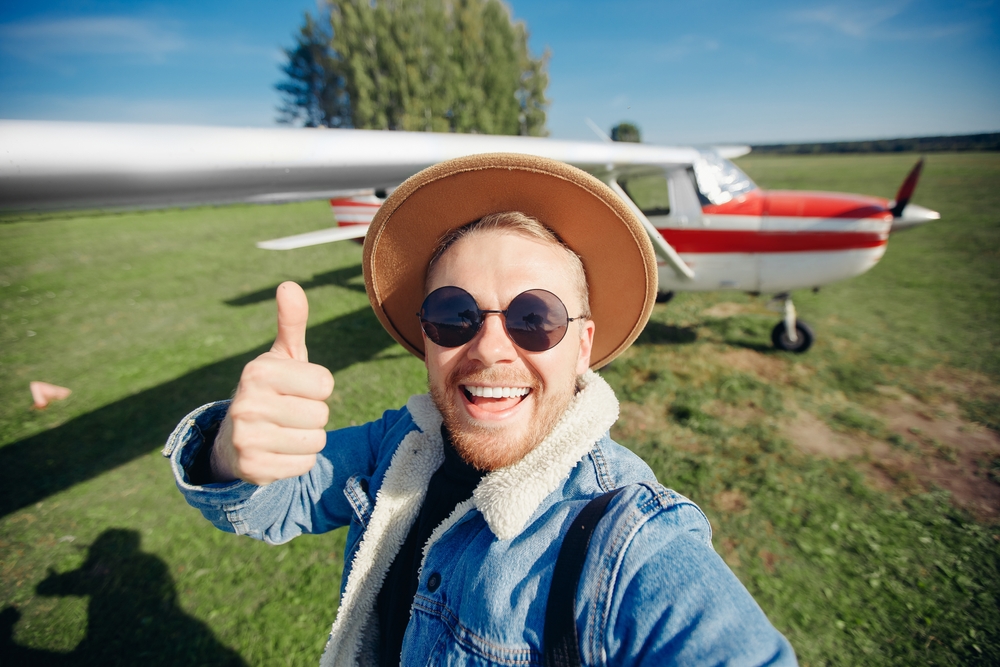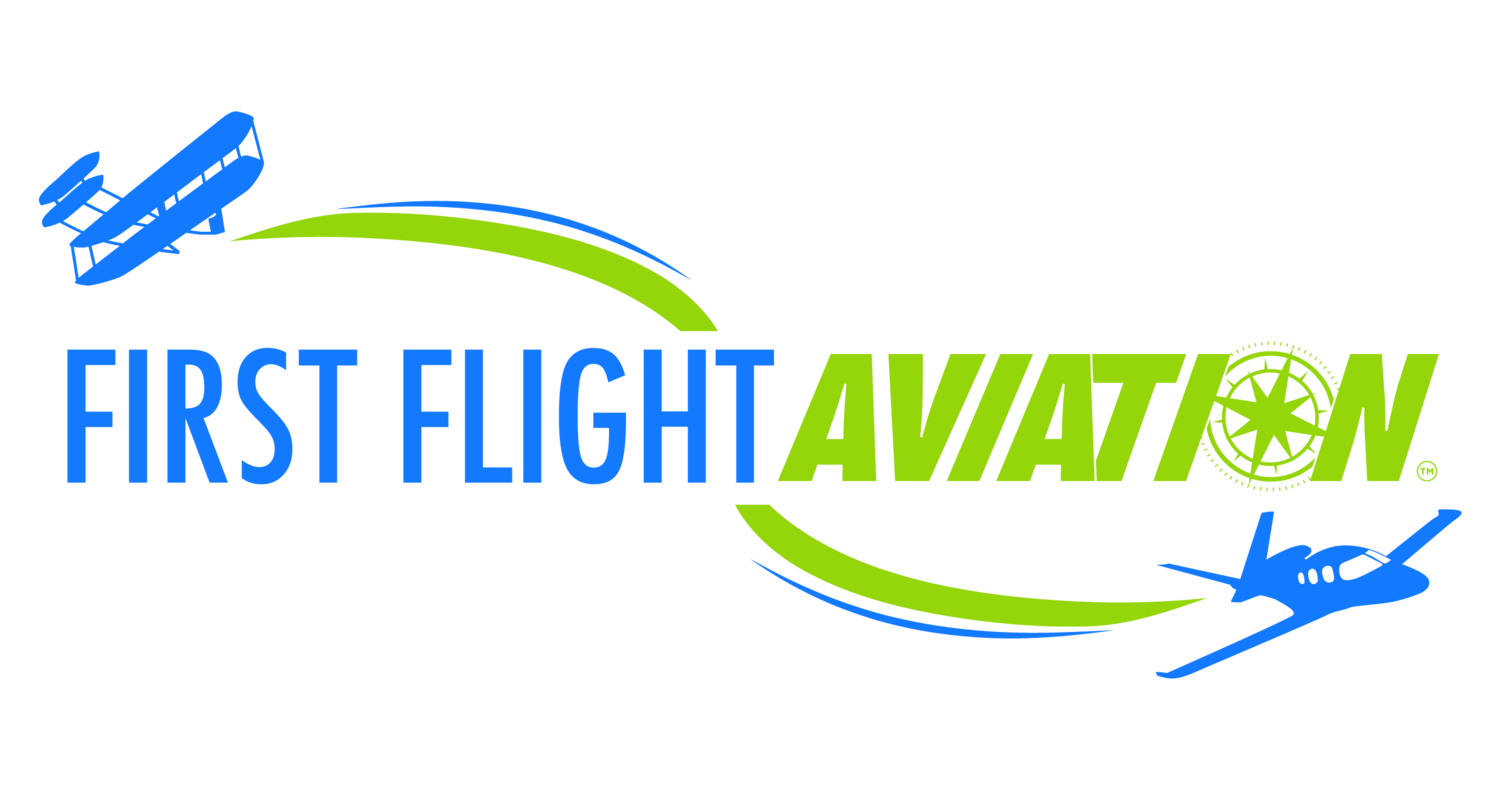
When you’re learning to fly, one of the first big questions you’ll face is whether to rent or buy an airplane. This decision can feel overwhelming, especially when you consider all the factors at play—costs, convenience, availability, and long-term commitments. For student pilots, the balance between renting and buying an airplane often hinges on what fits best with their specific goals, usage frequency, and overall finances. Both options have their advantages and disadvantages, and understanding the true costs involved can help make the decision clearer. In this blog, we will explore the differences between buying and renting an airplane for student pilots, and break down the financial considerations, operational factors, and long-term impacts of each option.
The Costs of Renting an Airplane
Renting an airplane is the most common choice for student pilots because it offers flexibility without the upfront commitment of purchasing an aircraft. Rental prices can vary significantly depending on the type of aircraft, location, and time of day, but on average, hourly rental rates for light training aircraft like a Cessna 172 can range from $100 to $150 per hour. This fee generally includes the cost of maintenance, insurance, and sometimes even fuel, depending on the rental agreement.
Renting has some key benefits that appeal to student pilots. One of the most significant advantages is the lower initial financial outlay. You don’t have to worry about paying tens of thousands of dollars for an airplane or dealing with financing. Additionally, when you rent, you only pay for the hours you fly, which means you can keep your costs proportional to the amount of flight training you need. For new students who are unsure of how much flying they’ll do, renting offers a pay-as-you-go option with no long-term commitment.
There are also fewer logistical responsibilities when renting an airplane. The aircraft’s maintenance and storage are handled by the flight school or rental provider, so you don’t have to worry about regular upkeep or finding a hangar for the plane. This can save you both time and money. In addition, renting gives you access to a fleet of aircraft, meaning you have the option to choose a plane that suits your specific needs on any given day, whether it’s for training, cross-country flights, or just some recreational flying.
However, while renting offers many benefits in terms of convenience and financial flexibility, the costs can add up over time. The hourly rental rate includes only basic operating costs, but additional fees such as fuel surcharges, booking fees, or even waiting for an available plane during busy periods can add up quickly. As your flight hours increase, the cost of renting may begin to surpass the cost of owning an aircraft, especially if you plan to fly frequently.
The Costs of Buying an Airplane
For student pilots who are already committed to flying and intend to continue after their flight training, buying an airplane might be a more cost-effective choice in the long run. While the initial investment is much higher compared to renting, owning an aircraft comes with its own set of financial considerations. The cost of buying an airplane varies widely depending on the model, age, and condition of the aircraft. For example, a used Cessna 172 may cost anywhere between $40,000 to $100,000, whereas more advanced models or newer planes could cost several hundred thousand dollars.
The major expense when buying an airplane is the upfront cost, which can be a significant barrier for many student pilots. Financing options are available, but it’s important to factor in interest rates, loan terms, and monthly payments. Aside from the purchase price, owning an aircraft involves ongoing costs such as insurance, maintenance, hangar fees, and regular inspections required by aviation regulations. These expenses can add up quickly, even if the airplane is used infrequently.
One of the benefits of owning an airplane, however, is that you have control over its availability. When you own an aircraft, it’s always ready to fly whenever you are. You don’t have to worry about reservation systems or scheduling conflicts. Additionally, owning a plane gives you flexibility in terms of how you maintain it. You can choose the maintenance schedule, and you may be able to save money by performing minor repairs and upkeep yourself, provided you have the necessary knowledge and certifications.
Although the initial financial commitment is significant, buying an airplane can be a more economical option in the long term if you plan to fly regularly. Owning an aircraft means that you can avoid the recurring rental fees and potentially save money after a certain number of flight hours. For student pilots who plan to continue their aviation career or hobby after earning their license, buying an airplane may be the right decision as it can offer greater cost savings over time.
Depreciation and Resale Value
An important consideration when buying an airplane is its depreciation. Just like any vehicle, aircraft lose value over time, and this depreciation can affect the overall cost of ownership. A new airplane loses its value more quickly than a used one, but the resale market for aircraft can still allow you to recover a significant portion of the purchase price if you decide to sell after a few years.
However, airplanes tend to retain their value much better than cars, and their depreciation rate is slower. The resale value of an aircraft depends on factors such as its age, condition, hours flown, and market demand for that particular model. When purchasing an aircraft, it’s essential to do thorough research on the potential for future resale value. Ideally, you want to select a model that holds its value well and has a strong market presence, ensuring that you can recoup as much as possible if you choose to sell it in the future.
Renting, on the other hand, has no such concern about depreciation. As a renter, you simply pay for the use of the airplane, and the ownership costs and depreciation risks fall to the rental company or flight school. If you don’t foresee yourself flying enough to justify the purchase of an airplane, renting allows you to avoid the potential financial risks of depreciation and resale.
The Long-Term Financial Perspective
From a long-term financial perspective, the decision to buy or rent depends largely on your flying habits and how often you plan to use the aircraft. If you’re a student pilot just starting out, renting is a good way to get your feet wet without committing to a long-term financial obligation. As your flight hours accumulate and you start flying more frequently, the cost of renting can increase, making purchasing an aircraft more attractive.
On the other hand, if you’re already an experienced pilot or someone who plans to fly regularly after obtaining your license, purchasing an airplane can be a more economical choice. It’s crucial to carefully assess how many hours per month or year you intend to fly. If you plan on flying several times a week, owning an airplane may be far more cost-effective than paying hourly rental rates. When you factor in the possibility of renting out your plane to others or using it for business purposes, owning can become even more advantageous.
If you’re considering purchasing an aircraft, make sure to budget for ongoing operational costs, including maintenance, insurance, and hangar storage. Additionally, calculate the depreciation of the aircraft over time, and consider its resale potential. You’ll also want to think about whether you want to enter into a partnership with other pilots, which can help reduce the financial burden and make ownership more affordable.
Making the Decision: Rent or Buy?
Ultimately, the choice between buying and renting an airplane depends on your individual circumstances, financial situation, and long-term goals as a pilot. Renting offers flexibility, convenience, and lower upfront costs, which makes it a smart choice for many student pilots, especially those who are just starting out or who don’t yet know how often they will fly. On the other hand, buying an airplane is a larger financial commitment but can offer more control, availability, and potentially lower long-term costs if you plan to fly frequently or own the plane for many years.
It’s essential to evaluate your personal flying plans and financial capacity before making a decision. Consider how often you plan to fly, how long you expect to stay in the area, and whether you have the financial resources to handle the ongoing costs of ownership. Whichever option you choose, be sure to assess all the factors carefully to make the most informed and financially sound decision for your future as a pilot.
Need a Fixed-Base Operator in Dayton, OH?
At First Flight Aviation, we understand that deciding whether to rent or buy an airplane is a significant decision for any student pilot. If you’re feeling uncertain about which option is right for you, we’re here to help. Our experienced team can provide personalized advice, helping you evaluate your flying goals and financial situation to determine the best path forward. Whether you’re just starting out or ready to take the leap into ownership, we offer guidance and resources to ensure you make a well-informed decision. Reach out to us today, and let’s navigate your aviation journey together!
